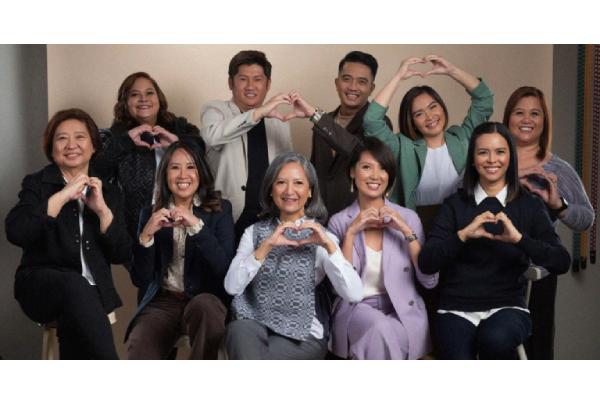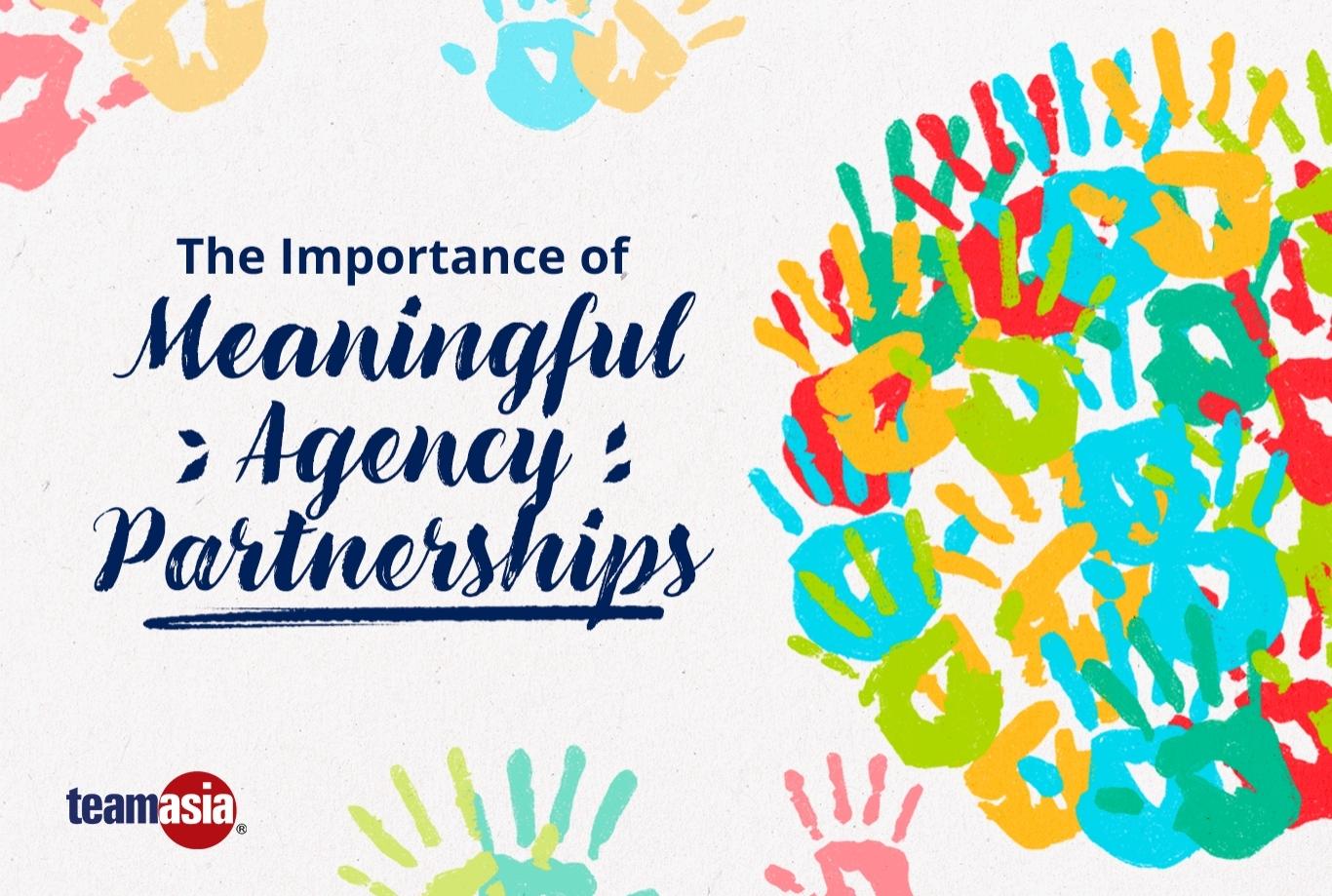Sectors speak up on real status of MDGs
Deep disparities among sectors undermine MDG progress
(Manila, Philippines, April 6, 2011) – Ten years after the historic Millennium Summit where world leaders vowed to end extreme poverty by 2015, many Filipinos are still being left behind in terms of progress on the Millennium Development Goals (MDGs). According to a report by Social Watch Philippines in 2010, these Filipinos are: mostly in rural areas; a woman or girl; jobless; working but poor, hungry, and vulnerable; mostly in Mindanao; Muslim; or belong to an indigenous peoples’ group.
Representatives of these sectors urged lawmakers to accelerate MDG progress by championing their issues in a forum entitled “Engaging Legislators in Breaking through to MDG Achievement: The Final 5 Years”. The forum was organized by the MDG Achievement Fund (MDG-F) and the House of Representatives Special Committee on MDGs.
“This is the challenge of leadership for legislators – what can we do to reduce, if not eliminate, extreme poverty,” Deputy House Speaker Jesus Crispin Remulla said, addressing the sectoral representatives “We are open to what you wish to tell us.” He added that 16 legislators attended the forum, which is “a good reflection of what Congress is today.”
“After more than 10 years, we realize the power of these goals,” Layla Saad, MDG-F Secretariat programme officer, said. “Political will is one of the factors that contribute to the achievement of the MDGs.”
While the opening of policy space is encouraging, the uneven achievement of goals and deep disparities among sectors are still a cause for alarm. “The story of exclusion undermines MDG progress. We cannot turn a blind eye to peoples’ aspirations,” Saad said.
In late 2010, these “stories of exclusion” were uncovered in a series of focus group discussions (FGD) conducted by the MDG-F with nine “left-behind” sectors. “Despite reported aggregate economic growth for the past ten years, these sectors have persisted, even multiplying in numbers. Clearly, they have been left behind in the track towards development,” Dr. Jacqueline Badcock, United Nations (UN) Resident Coordinator to the Philippines, said.
Women are at risk
The FGD results showed that women are among the most vulnerable. In developing countries like the Philippines, women comprise majority of informal workers that struggle because of the lack of capital, insufficient income, and absence of alternative or sustainable sources of livelihood.
Celia Buizon, 61, is a community association president. “It’s not too late for us senior women. We also need education and livelihood so we can be productive and be able to support ourselves and the community to which we belong.”
Youth education and employment
A growing number of Filipinos between the ages of 15 and 24 quit school to work and help support their parents and young siblings. Access to employment opportunities is major concern. Junior (not his real name), 17, shared, “For me the most important thing is to have a stable, permanent job so I can save my family from poverty.”
Eighteen-year-old Emily (not her real name) says, “Because times are so hard, everything is so expensive and there are so many things to pay for, it is more important for us to work.” Still, skills trainings and opportunities for non-formal or technical education are as important to the youth as access to stable, permanent jobs.
Small-scale, resource-dependent workers
The Philippines’ resource-dependent economy is significantly affected by natural disasters and climate extremes. Two of the largest sectors in the country, agriculture and fishery, are among the poorest.
Small-scale fisherfolk like Virgilo Bonahos of Zamboanga del Norte are struggling. He has three children and no steady source of livelihood. “Fishermen are becoming poorer and poorer,” he said, with pirates and illegal fishing threatening their survival. Adapting to the impact of climate change is also a daunting challenge.
“These days, the tides are extremely high or low. The water is either too hot or too cold.” Because of these challenges, Bonahos hopes to learn to make a living through other means, such as aquaculture or farming.
Displaced Moro people
Noraida Abdullah Karim of Community and Family Services International called for an “enabling policy environment” that will address the needs of internally displaced persons particularly in Mindanao. Displaced Moro people are extremely vulnerable as they lack of capital to regain lost livelihood, lack of access to education and health services, poor living conditions, and the persistent threat of armed conflict.
“Many of us who were relocated and resettled in other areas are deprived of basic social services,” Karim said. Because of persistent armed conflict in the region and its sluggish development, the chances of achieving the MDGs in Mindanao are almost nil.
Alarming increase in HIV/AIDS cases
From 1984 to October 2010, there were a total of 5,729 reported HIV/AIDS cases in the country. In 90 percent of these cases, the mode of transmission is unprotected sexual contact. Over the years, the mode of transmission has gradually shifted from heterosexual to men having sex with men (MSM) sexual contact.
The majority of FGD participants believed that a number of MSM who engage in risky sexual behaviors lack proper knowledge and awareness on HIV/AIDS prevention and other factors that can make them at risk. Peer educator Joshua de los Reyes, 20, said that this is true for a lot of young people, who are at a loss on where or how to seek information or help about concerns such as safe sex. “They lack the knowledge to protect themselves against HIV/AIDS.”
No one left behind
“With only five years remaining, we shift our focus to strategies that will allow us to break through and accelerate the pace of MDG achievement,” Dr. Badcock said. On behalf of the concerned sectors, she called on Congress to combat poverty head on without leaving anybody behind. “Beyond the numbers we ask you instead to see the faces and hear the voices of those who were excluded,” Dr. Badcock said.
About the MDG Achievement Fund
The MDG Achievement Fund (MDG-F) is an international cooperation mechanism whose aim is to accelerate progress on the Millennium Development Goals (MDGs) worldwide. Established in December 2006 with a generous contribution of €528 million Euros ($US710M) from the Spanish Government to the United Nations system, the MDG-F supports national governments, local authorities and citizen organizations in their efforts to tackle poverty and inequality.
With 128 active programmes in 49 countries spread across 5 regions of the world, MDG-F is helping over 3.5 million people, with another 20 million people impacted indirectly. For more information on the MDG-F, log on to http://www.mdgfund.org/.





